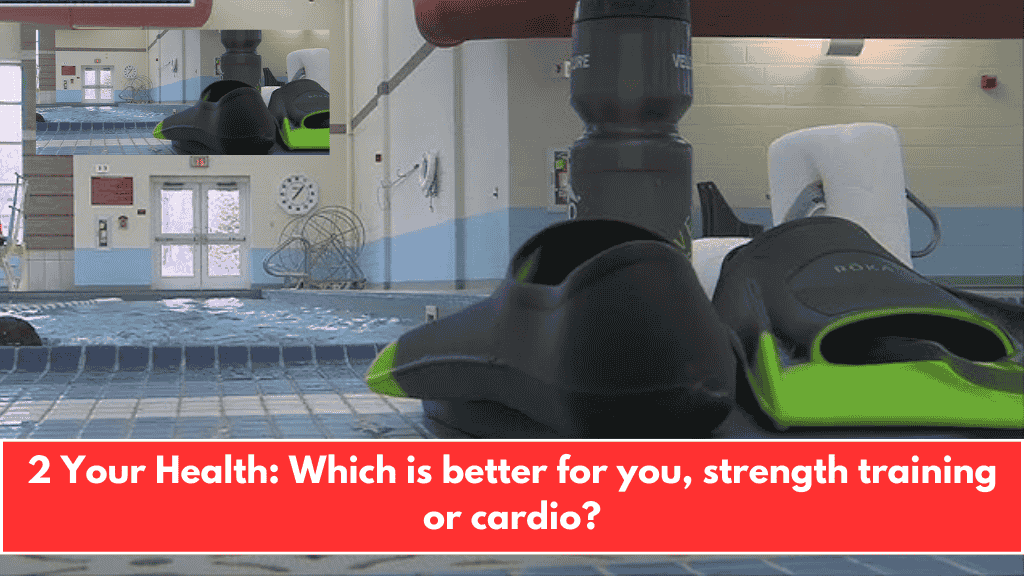When it comes to fitness, many people ask the same question: Is cardio better than strength training, or is it the other way around? According to experts, the answer is simple—you need both for a healthy and balanced body.
Why Both Cardio and Strength Matter
Katie Lawton, an exercise expert from Cleveland Clinic, says we must care for both our heart and muscles if we want to stay healthy for the long term.
“We have to talk about our heart and lungs, and we also have to talk about our muscles. Both are equally important, and I don’t usually say one is better than the other,” Lawton explained.
Benefits of Cardio Exercises
Cardio exercises like running, cycling, swimming, and rowing are great for your heart and lungs. They increase your stamina and improve your breathing.
The American Heart Association says regular cardio can lower your risk of heart disease by up to 30%. That’s a big reason to include it in your weekly workout plan.
Why Strength Training Is Just as Important
Strength training, which focuses on building your muscles, also plays a huge role in your fitness. It helps strengthen your bones and joints and can improve your balance and posture as well.
You don’t always need to lift heavy weights. Light weights or resistance exercises done at a moderate level are also effective.
Lawton adds, “People often think strength training means lifting heavy barbells, but that’s not true. You can use machines, dumbbells, or even your own body weight. Pilates is a great example—it’s good for your core and is low impact.”
How Much Exercise Do You Need?
Experts recommend 150 minutes of moderate-intensity cardio each week. You can divide this across different days—like 30 minutes a day for five days. Along with that, you should do at least two days of strength training.
Mixing both types of exercise not only improves your fitness but also helps you feel more energetic and lowers your chances of injury or long-term illness.
New to Working Out? Get a Health Check First
If it’s been a while since you last exercised, Lawton suggests getting a physical exam first. A doctor can tell you if there are any workouts you should avoid based on your health condition.
Starting slow and building up gradually is the best way to stay consistent and avoid injuries.









